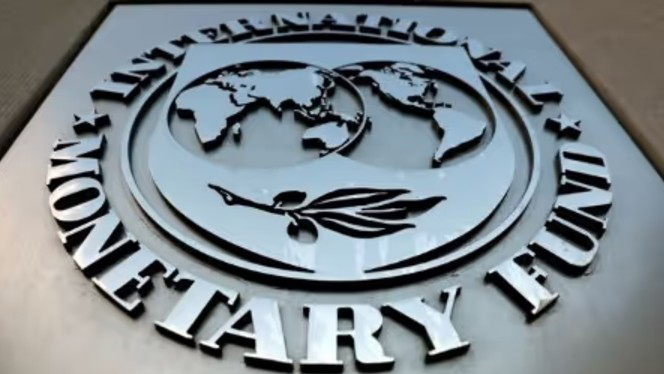SEOUL- South Korea should continue to normalize monetary policy to provide support for shoring up economic activity even as headline inflation is easing, the International Monetary Fund said on Wednesday.
“While inflation is around the Bank of Korea’s target of 2 percent, a gradual monetary policy normalization seems appropriate given high uncertainty,” the IMF said in a statement, concluding its annual visit to the country.
It downgraded South Korea’s 2024 growth forecast to 2.2 percent from 2.5 percent partially due to “a weak recovery of domestic demand,” and also cut the forecast for next year to 2.0 percent from 2.2 percent.
The Bank of Korea voted 6-1 to cut policy interest rates to 3.25 percent in October as uncertainties regarding the future path of output increased, while headline inflation in September undershot the bank’s 2 percent target.
South Korea’s economy barely grew in the third quarter as consumer spending showed signs of recovery but exports declined, raising the chances for more stimulus to support growth.
That prompted the central bank to warn of a potential downgrade to its 2024 growth forecast, while the finance minister called for response measures to confront the slowdown.
Gross domestic product in the July-September quarter expanded a seasonally adjusted 0.1 percent from a quarter earlier, the Bank of Korea’s (BOK) advance estimates showed on Thursday, lower than market expectations.
The weak growth is a setback for Asia’s fourth-largest economy and could exert pressure on the won, which has weakened nearly 5 percent against the dollar this month, as the central bank’s full-year estimate had already been lowered.
The third-quarter growth rate was far weaker than an increase of 0.5 percent tipped in a Reuters poll of economists and expected by the central bank in its quarterly forecasts provided in August.
Private consumption rose 0.5 percent, after falling 0.2 percent a quarter earlier. Construction investment dropped 2.8 percent, while corporate investment jumped 6.9 percent. Exports fell 0.4 percent, down for the first time since the final quarter of 2022, while imports rose 1.5 percent, bringing a net negative contribution.





